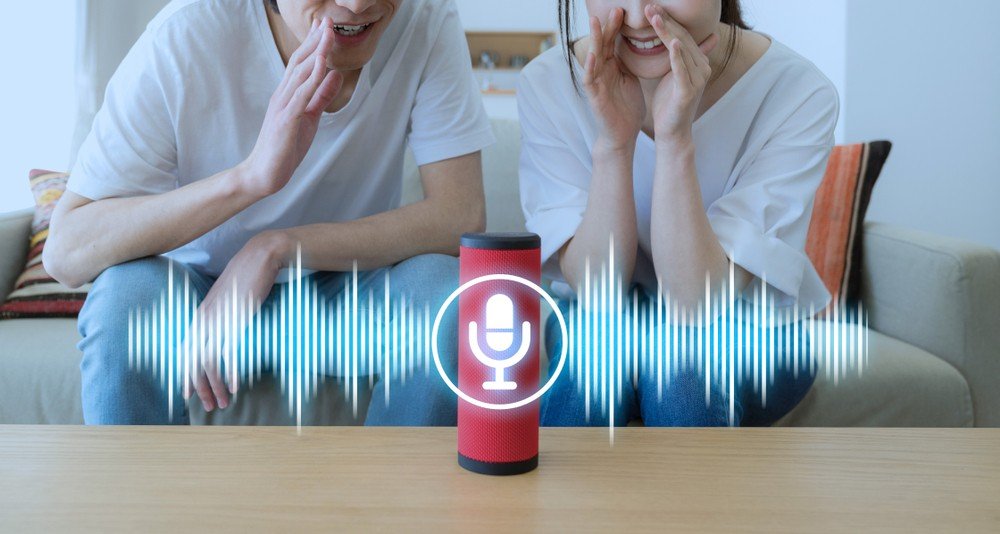Comments (2)
Tom Wright
Music has changed...
Robert Anderson
Wonderful

The internet of musical things is completely changing the way people feel and listen to music.
Ever since music has been in existence, it has kept on evolving in terms of genres, instruments used, and the type of musicians. No one would have heard the name of music genres like Country Dance Music (CDM), Dubstazz, Heroine Pop, and Slouch Rock until a few decades ago. Although music has kept on evolving, there haven't been any major technological shifts in the field until recent years. That has changed now with the introduction of IoT in music, which has given rise to the concept of the internet of musical things. Recently, many authors have used the term ‘internet of musical things’ in different contexts to fit their perspectives. Some used it in the context of musical instruments with QR codes, while some used it in the context of ubiquitous music search, which refers to the use of IoT devices and embedded sensors for performing musical activities remotely. Since then, the umbrella term ‘the internet of musical things’, has paved the way for the use of IoT in the music industry.
Connecting musical things with IoT has paved the way for several IoT applications in the musical industry, such as:
IoT allows multiple singers and musicians to connect globally to perform as if they are all in the same room. Suppose a singer wants to perform with a band at a concert, but that band does not have the time to reach the location of the concert. IoT can help them connect and perform remotely. For instance, sensors can be attached to the band instruments that can record data such as keypresses on piano or stick beats on a tambourine. The data can then be streamed over the internet to assist the other band present at the concert to control the instruments. For instance, the band at the concert can get information about the keynotes of piano to play it. This will help that band to play the piano exactly similar to the other band.
AI and IoT: the perfect pair, can enable enjoying the rhythm of the music in real time. It can be done with smart shirts that vibrate in proportion to the intensity of the music. Sensors are scattered around the performance hall, and smart shirts are embedded with small actuators. When the performance starts, sensors can collect data about the intensity of the music and send it to actuators in real time. Actuators then start to vibrate with a rhythm and intensity proportional to that of the music playing, which helps wearers to feel the rhythm of the music. Thus it can also provide an opportunity for deaf people to enjoy music.
Music instruments can be connected with IoT devices to allow musicians to play them through connected devices. They can play different instruments from a single device. For instance, a Liverpool-based startup Arterfacts offers a product named Noiseey that can be connected to any musical instrument. Musicians can play instruments through the connected device. The device is embedded with sensors that detect the touches on the screen of the devices. It then auto-initiates the same movement on actual musical instruments allowing musicians to play tools remotely through the device.
The internet of musical things has a lot of potentials, but its growth in the music industry depends on its acceptance by the masses. A typical music fan would not like their favorite singers using auto-tune for their live performances. They would also not like remote performances. Instead, they would want singers to perform on stage with their natural voices. Factors like this can impact the acceptance of the internet of musical things. It’s acceptance completely depends on whether it will change or continue the way people feel the music.
Music has changed...
Wonderful
Naveen is the Founder and CEO of Allerin, a software solutions provider that delivers innovative and agile solutions that enable to automate, inspire and impress. He is a seasoned professional with more than 20 years of experience, with extensive experience in customizing open source products for cost optimizations of large scale IT deployment. He is currently working on Internet of Things solutions with Big Data Analytics. Naveen completed his programming qualifications in various Indian institutes.
Leave your comments
Post comment as a guest